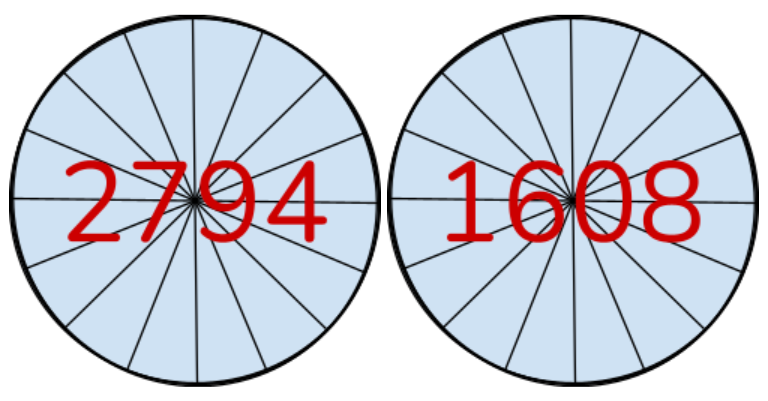
Collective Action Puzzle Game
A group game that lets students experience the dilemma between self-interest and collective interest when groups have to work together to achieve shared goals.
This lesson is about reflecting on the causes and consequences of human behaviors in situations of social interactions, such as a group sharing a common resource, based on images, analogies, and everyday scenarios. Students reflect on their initial ideas about the factors that can motivate people to behave in a way that benefits themselves but harms the whole group (social dilemmas). Students are introduced to the payoff matrix as a helpful tool to represent motivations and outcomes of behaviors in social interactions and to identify social dilemmas.
The content also enriches the understanding of the concept of sustainability by linking it to everyday situations and various scenarios of social interactions, in which individuals need to cooperate to achieve (or sustain) outcomes that are best for everyone.
Students are encouraged to think of ways to solve social dilemmas, i.e. to think of measures that would increase the motivation of people to behave in a way that benefits everyone.
Context Considerations: You can introduce other examples of possible social interactions and social dilemmas that relate more to the everyday experience of your students. For example, situations in the school/classroom/cafeteria, in your home town etc.
Author: Susan Hanisch

A group game that lets students experience the dilemma between self-interest and collective interest when groups have to work together to achieve shared goals.
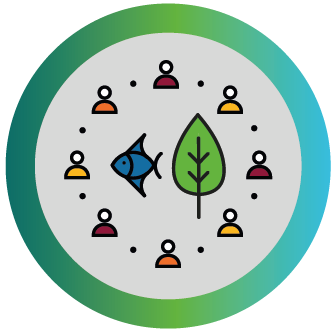
In a classroom simulation game with changing conditions students develop strategies for the use of a common resource so that the profit for the entire group is maximized.
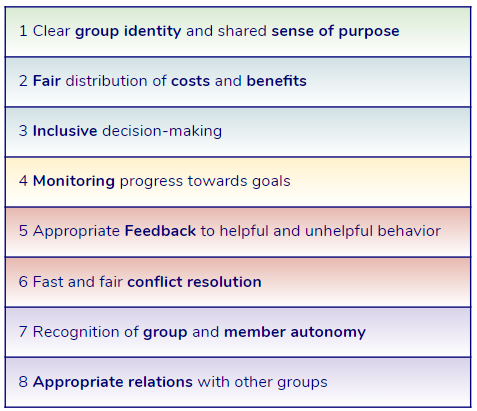
Students explore the principles that allow groups to work together and achieve common goals, applying them to the groups that they are a part of or care about.
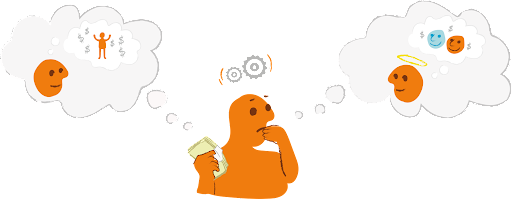
A set of behavioral experiments across cultures that explore the human sense of fairness.
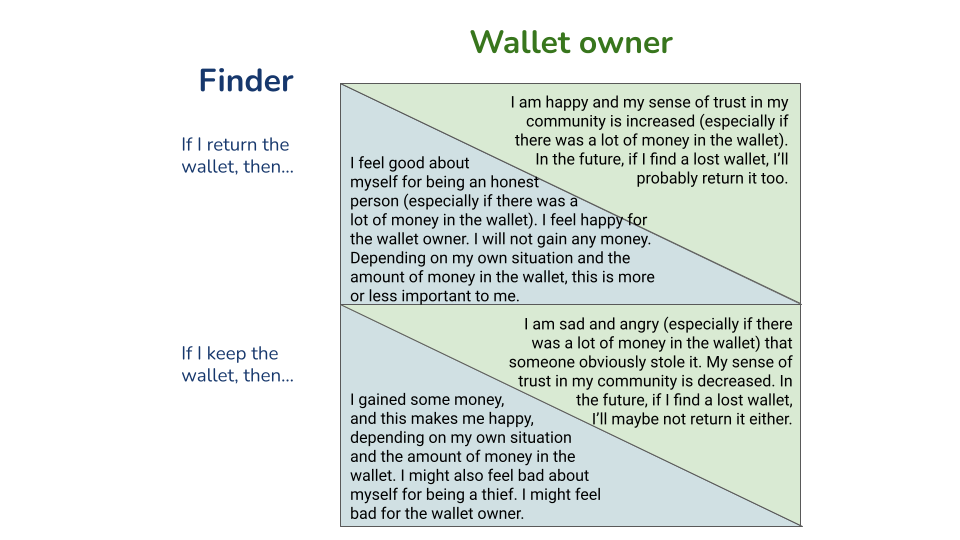
A behavioral experiment across 40 countries that explored human motivations to return lost wallets to their owner

An interactive introduction into concepts of ecology, behavioral ecology, and sustainability with a computer simulation of a simple social-ecological system.
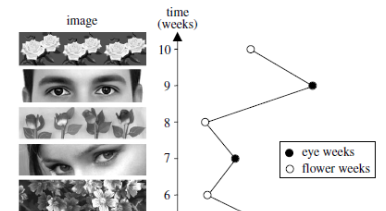
A behavioral experiment that tells us about the role of unconscious perception, particularly the perception of human eyes, on human social behavior.
OpenEvo is an educational innovation project from the Department of Comparative Cultural Psychology at the Max Planck Institute for Evolutionary Anthropology.
Evolve the future of education with us!